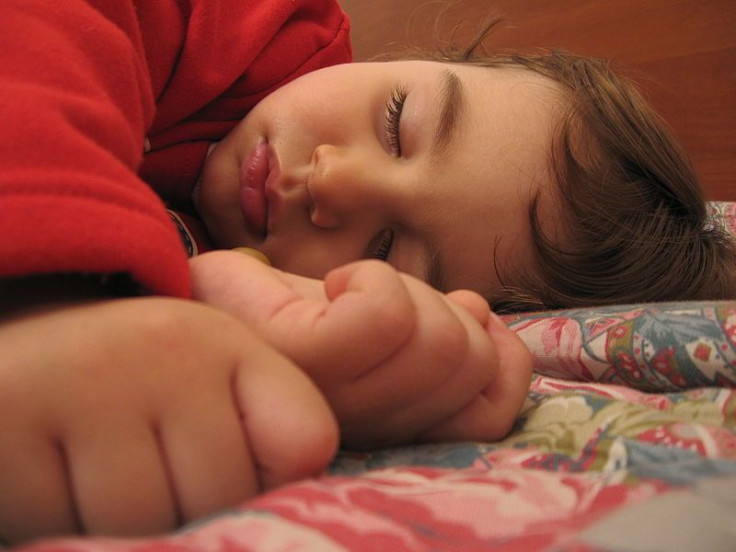Frequent Nightmares In Children Could Lead To ‘More Serious’ Issues Later On: Study

Researchers studying the effects of frequent nightmares and night terrors on children warn that persistent bad dreams could point to psychotic disorders later on. The results of their study indicate that nightmares may act as an early warning sign of more serious problems in the future.
According to The BBC, researchers from the University of Warwick found that most children between the ages of 2 1/2 and 9 have nightmares. But if those patterns continue into early adolescence, to the age of 12, children are three-and-a-half times more likely to have problems with psychotic experiences such as hallucinations, delusions and believing someone was controlling their thoughts, according to new research.
"This is a very important study because anything that we can do to promote early identification of signs of mental illness is vital to help the thousands of children that suffer,” Lucie Russell, the director of campaigns at YoungMinds, a charity that promotes child and adolescent mental health, said in a statement. "Early intervention is crucial to help avoid children suffering entrenched mental illness when they reach adulthood."
The new study, published in the journal Sleep, looked at nearly 6,800 children through the age of 12. Researchers asked parents to identify and report any sleep problems their children experienced. In 37 percent of the cases, children had issues with frequent nightmares for several years in a row.
Researchers later assessed the participants for signs of psychotic experiences.
“Nightmares and night terrors, but not other sleeping problems, in childhood were associated with psychotic experiences at age 12 years,” the authors wrote. “These findings tentatively suggest that arousal and rapid eye movement forms of sleep disorder might be early indicators of susceptibility to psychotic experiences.”
While the relationship between sleep issues and psychosis is still a gray area of study, researchers believe that traumatic events and even bullying early in life may play a role in both.
© Copyright IBTimes 2024. All rights reserved.






















